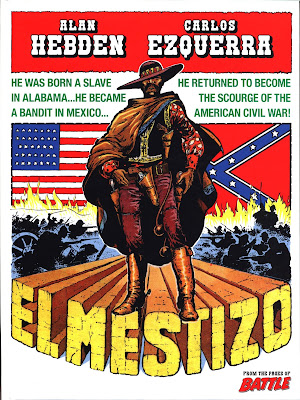This was the debut novel for Montana-born author and poet James Welch (1940 – 2003) who was of American Indian ancestry, and educated at the Fort Belknap Indian Reservation school system. Welch went on to write additional novels focusing on the past, and present, experiences of American Indians. ‘Winter in the Blood’ was made into a 2012 film of the same title.
The first-person narrator of the novel (his name never is provided) is a Blackfoot Indian man in his early 30s who lives with his mother Teresa, her husband Lame Bull, and his grandmother (referred to simply as the Old Woman) on the Fort Belknap reservation in Montana. The household raises cattle and is comparatively prosperous, but the narrator is unable to find satisfaction in this simple rural lifestyle and finds himself compelled to travel into town, where he finds himself more or less willingly engaged in drunken endeavors and escapades, some of which leave him the worse for wear.
As the novel progresses the narrator comes to learn about his heritage and lineage, and makes hard-won progress in coming to terms with the tragedies that have defined both his past, and the past of his tribe. Whether these personal revelations will be sufficient to overcome his existential passivity is for the reader to decide.
‘Winter in the Blood’ is written in a straightforward, declarative manner and avoids treading in the clichés that sometimes come to define ‘Indian’ literature: there are no mystical conversations with the Great Spirit, no lodge ceremonies, no Vision Quests, etc. It is set in a landscape of small and struggling towns covered in mud and drizzle; cattle roundups in the cold air of late Fall; and pickup trucks with cardboard substituting for missing windows.
Summing up, ‘Winter in the Blood’ is successful both as a novel about contemporary Indian life, and as a novel about the modern American West. If either category appeals to you, then getting a copy is well worthwhile.






































































